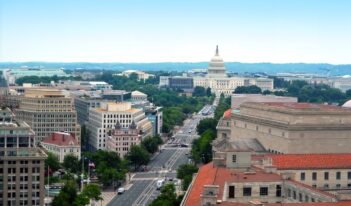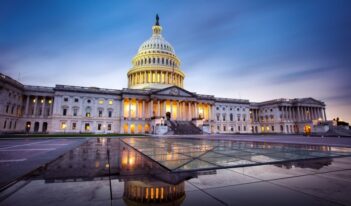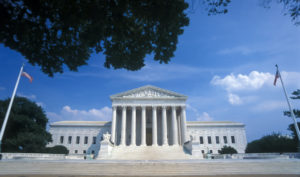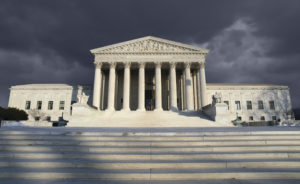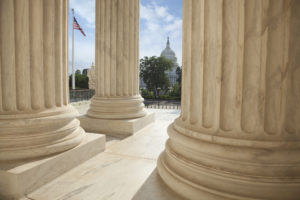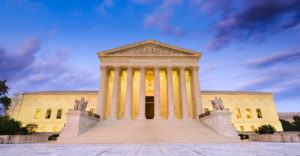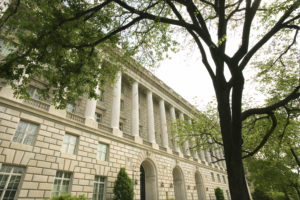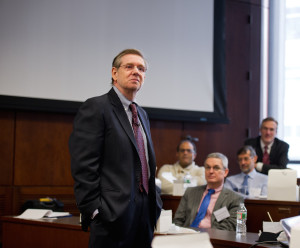The Unsettling of Notice and Comment
The Trump Administration has invoked recent Supreme Court decisions to justify unraveling normal rulemaking procedures.
Revealing the Submerged Administrative State
The hidden nature of the administrative state contributes to misperceptions of important government policies.
Overturning Chevron Will Not Transform Congress
Claims about the consequences of remaking Chevron deference require empirical backing.
No, the Supreme Court Cannot Save Democracy
The Supreme Court is forcing a deregulatory agenda under the guise of restoring democracy.
The Supreme Court’s “Exceptional” Term
Several of the Supreme Court’s recent decisions bolster agency power to alleviate regulatory obligations.
A Trojan Horse from the Court’s Conservatives?
Far from being narrow, the U.S. Supreme Court’s latest LGBTQ+ decision may threaten government’s overall regulatory authority.
A Turning Point in the Deference Wars
The Supreme Court preserved agency deference in Kisor v. Wilkie.
The Empty Case for Overruling Auer Deference
Contrary to criticisms, Auer deference does not encourage agencies to self-delegate.
Why Cabinet Secretaries Should Not Threaten Members of Congress
Basic principles of American government limit the political role of administrative agencies in legislative debates.
Ditch the Flawed Legislative Proposal to Police Agency Communications
Provisions of the Senate’s Regulatory Accountability Act would do more harm than good.
Regulatory Leadership in Tackling Tobacco
Former FDA Commissioner David Kessler recounts his efforts to control cigarettes.
Sue-and-Settle Bill Threatens a Delicate Equilibrium
Deadline suits may offer key opportunity to even the playing field in regulatory agenda-setting.


